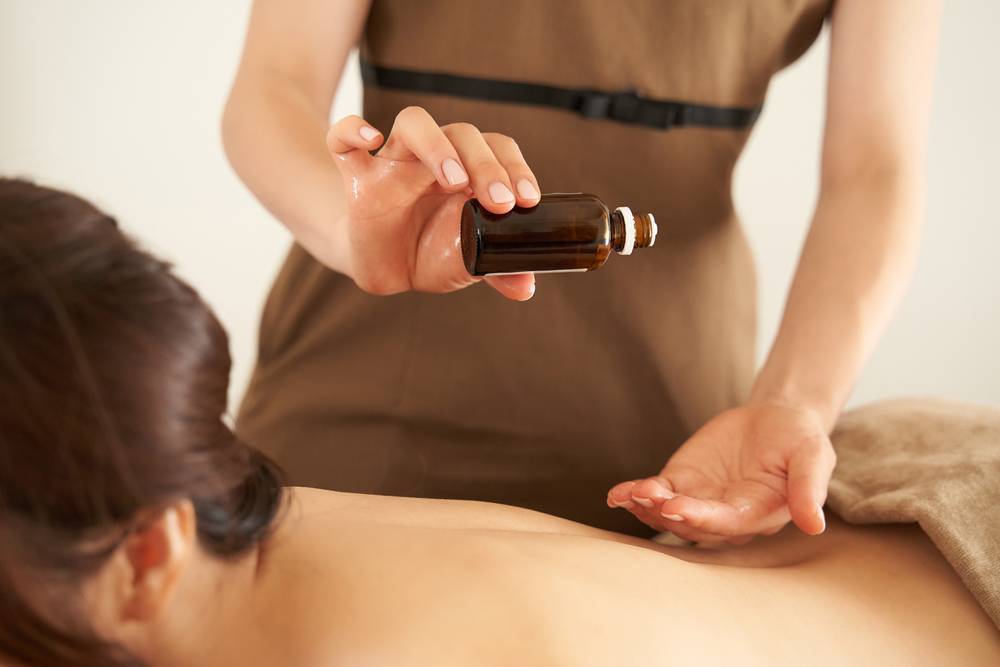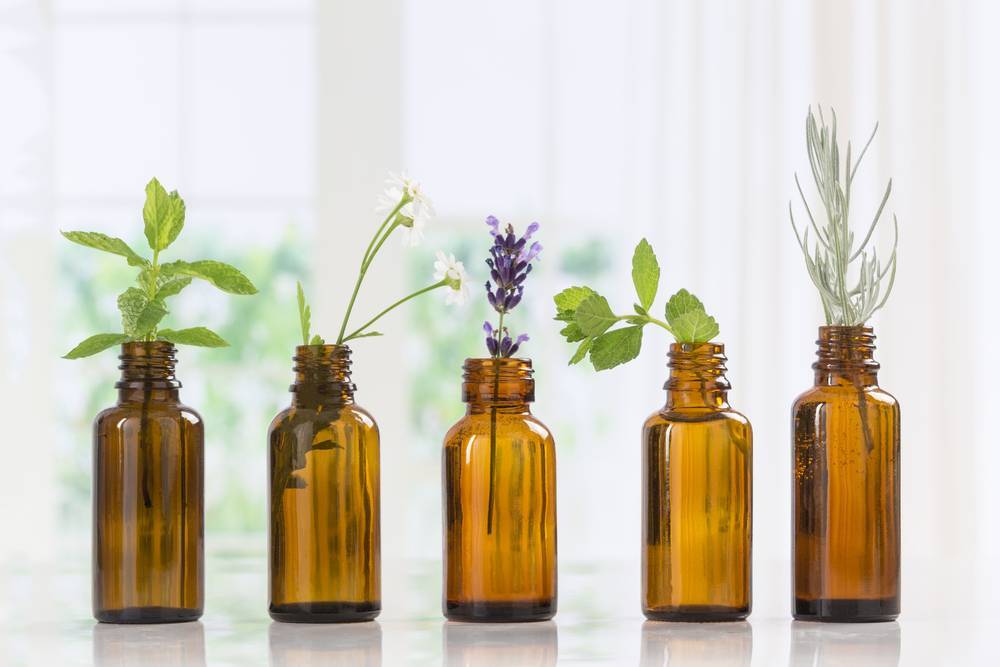The word “Aromatherapy” has gained a lot of popularity in recent years. Whether you visit a spa, wellness center, or massage parlour, you are sure to come across a range of aromatherapy services. Such is the popularity of aromatherapy in one’s health and well-being that connoisseurs of wellness therapies vouch for it, and maintain that it is integral to the services they provide.
The origin of aromatherapy can be traced to almost a thousand years back. However, the true source cannot be pinpointed. Some countries in Asia and Africa used oil extracted from the barks and leaves of plants for medicinal and religious purposes. Egyptians have been using these oils for embalming bodies, and the Greeks used it for healing purposes.
What is Aromatherapy?
Aromatherapy is a holistic healing technique using the oil extracted from the barks and leaves of plants, which happen to have a distinctive smell. Hence, aromatherapy may also be known as “oil therapy”. These natural oils are then used to effect positive changes on the physical and mental wellbeing.
The word “aromatherapy” was first coined by a French perfumer and chemist, René-Maurice Gattefossé, back in 1937. He discovered that the lavender oil had the ability to heal burns and published a book wherein he discusses the use of essential oils for medicinal purposes.
How dose Aromatherapy work?
Aromatherapy hinges on the senses ‘smell’ and ‘feel’ for healing the body and mind. The essential oils are taken into the body through inhalation and topical application.
Inhalation: Diffusers, aromatic spritzers, inhalers, or facial steamers are used to diffuse the oil and make it breathable.
Topical application: Here, the essential oils are applied onto the skin in the form of massage oils, bath salts, creams and lotions.
When applying essential oil onto the skin, it should always be used in smaller amounts, but mixed with a larger amount of carrier oil, which is usually something neutral, like olive oil.

What Are The Benefits of Aromatherapy?
Alleviate stress and anxiety
When you are stressed or suffer from anxiety, your blood pressure naturally shoots up. This can have a profound influence on your body. Some essential oils have the power to calm the nervous system and control blood pressure. This helps you to calm down and relax.
Boost energy
As the day progresses, you might notice a lull in your energy level. Inhaling certain essential oils provide an energising effect. It increases the concentration of oxygen in your blood that goes to the brain, thereby decreasing exhaustion. This helps you to perform better.
Reduces physical pain
Essential oils help in relieving pain related to muscle and menstrual cramps. It is also beneficial in relieving post-operative pain. The stress-relieving property of the oil, along with its ability to reduce pain, creates a soothing feeling.
Improves sleep
Some essential oils, like lavender, have a calming effect. This helps you to relax and hence, doze off faster. This is one of the reasons why lavender scented candles are often used for decorating bedrooms.
What are the more common essential oils used in Aromatherapy?
- Lavender: Lavender is known for its soothing and relaxing properties. Thus, it helps to relieve stress, anxiety and aids in sound sleep. The best way to use lavender is in the form of a diffuser. Lavender scented candles can also be placed near the bed for sound sleep.
- Eucalyptus: Eucalyptus oil is known for its strong and refreshing scent. It is said to be beneficial in relieving coughs and colds. It is also a powerful nasal decongestant. This powerful oil can be added to a steam inhaler and inhaled for relief from the cold.
- Tea tree oil: Tea tree oil has powerful antibacterial and anti-inflammatory properties. Thus, it is highly beneficial in many skin conditions, from treating acne, to fungal nail infections, athlete’s feet and dandruff on the scalp.
- Peppermint oil: Peppermint oil is highly effective in treating a range of body ailments from irritable bowel syndrome to muscle pain and headache. It also provides relief from itching. Peppermint oil can be mixed with a carrier oil and applied to the body to relieve aches and pain. Alternatively, it can also be inhaled to prevent nausea and headaches.
- Ylang Ylang: This essential oil has a floral scent and helps in overall relaxation, even reducing one’s blood pressure. It has antibacterial properties and helps in relieving a range of skin conditions as well.
Head to your nearest aromatherapy store to speak to someone who specializes in it for more information on what suits you best. But also do remember, that aromatherapy is meant as a complementary to any other medical treatment that you’re receiving, and is not meant to replace it. It would be best to talk to your doctor, if you have any pre-existing conditions, before starting aromatherapy.

